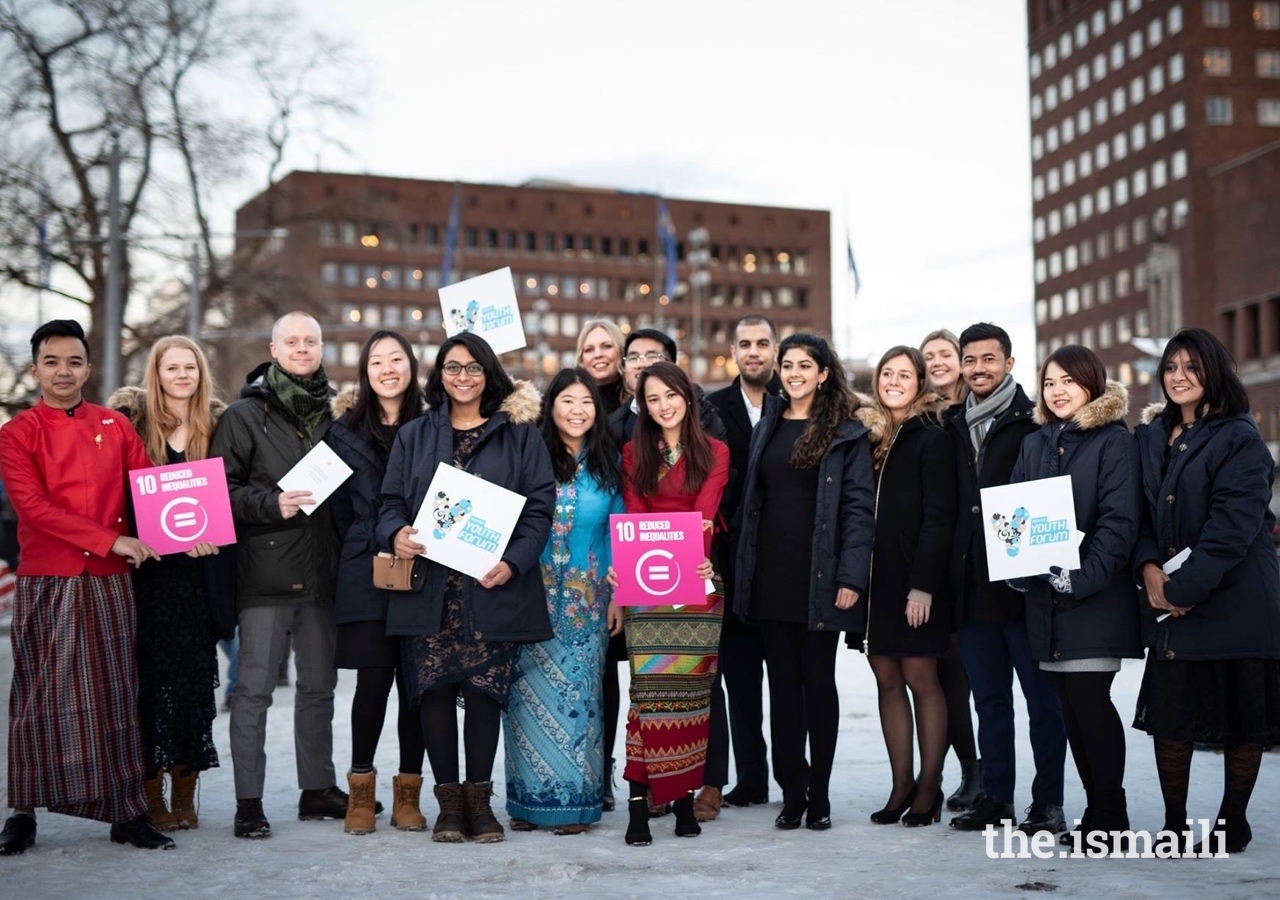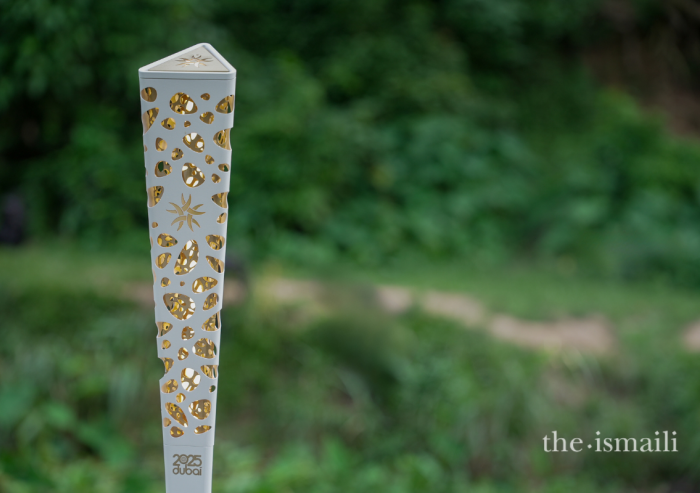During his address at the Africa 2016 Forum in Egypt, Mawlana Hazar Imam said, “I focus on civil society because I think its potential is often under-appreciated as we become absorbed in debates about the most effective programmes of governments and others...[it] is the ‘difference-maker’. It not only complements the work of the private and public sectors; it can often help complete that work.”
“By civil society, I mean that range of social activity that does not stem from private business organisations, nor from a governmental authority. The institutions of civil society are motivated, rather, by voluntary energies, and their purpose is to improve the quality of community life.”
Involvement of youth in their communities is crucial to fostering a sense of empathy and encouraging participation in civil society initiatives for the betterment of society. Here are a few examples of inspiring stories.
Hope of life
alqaim.jpg
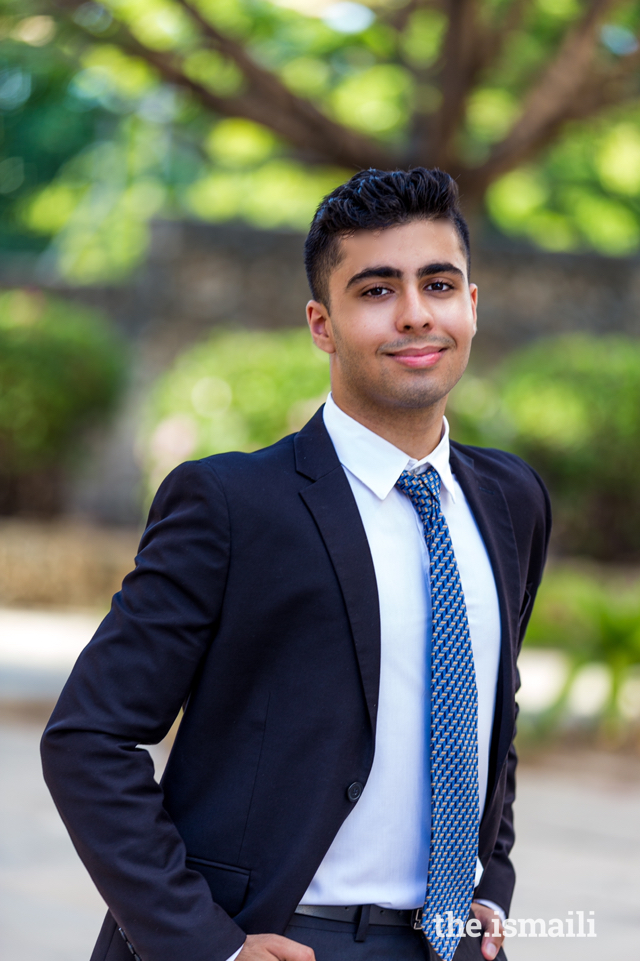
Alqaim Lalani founded a social enterprise called Tumaini la Maisha, or “Hope of Life” in Swahili, four years ago. The project aims to give paediatric cancer patients at the Muhimbili National Hospital in Tanzania an outlet from their daily suffering and enable their parents to pay for chemotherapy. According to Alqaim, although the government finances chemotherapy to a great extent, the costs are still difficult to bear for the average Tanzanian. Children and their parents stitch crafts such as clothing accessories and handbags which are sold in the market, with all proceeds going towards the children's treatment.
Alqaim recently graduated from the Aga Khan Academy in Mombasa. During his time there, and by working alongside fellow students, the project has grown, expanding into Kenya and Uganda. Over time, he hopes the goal of financially empowering children and their families by sustainable means can be replicated throughout East Africa.
“As a student at the Academy, I have acquired a greater understanding of the importance of ethical leadership and an enduring commitment to whatever projects one undertakes, which I seek to practice in whatever I do in my project and beyond,” he said.
Over the years, Alqaim has been fortunate to receive support from regional media institutions and work alongside the Global Citizens Initiative, based out of Greenwich, Connecticut. He will also be starting undergraduate studies at Columbia University later this year to study political economy, which he hopes will equip him with a better understanding of the dynamics of changing social and societal conditions.
zakyr_1.jpg
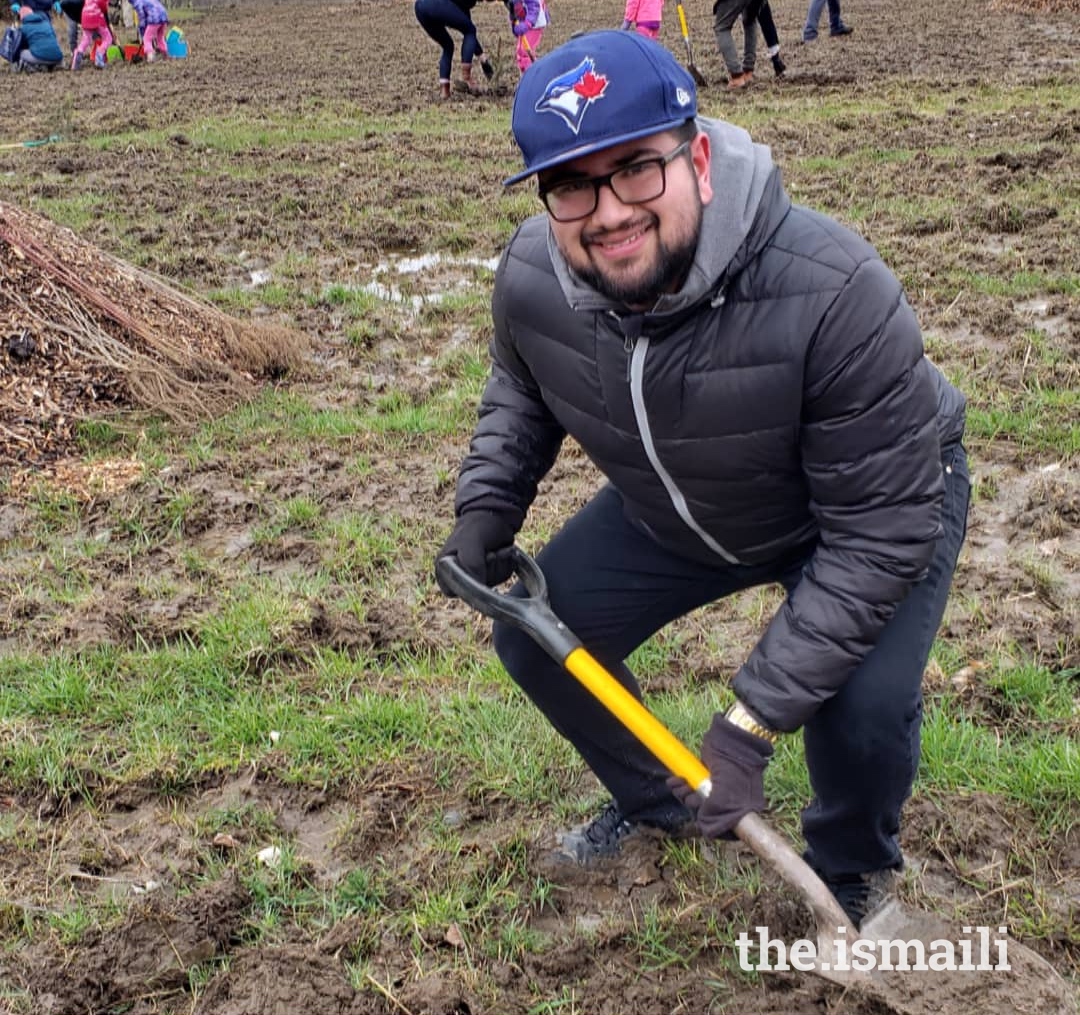
Passion for volunteering
Zakyr Rhemtulla has been involved with the Ismaili CIVIC initiative in Canada since its inception almost two years ago. Working alongside fellow Jamati members, he has helped to organise and facilitate the adoption and subsequent clean-up events of a trail located adjacent to his local Jamatkhana.
Additionally, he has volunteered to serve meals to the less fortunate at a local soup kitchen, cleaned up a local park, and planted trees at a park in the community. At the park clean-up event which was held in September, the Minister of Environment attended to congratulate the volunteers.
“My passion for volunteering first began with the Ismaili Volunteer Corps (IVC), and that soon transitioned into also volunteering outside the community. Ever since I was a young boy, the values of volunteering have been instilled in me through my involvement with the IVC. I also feel like it is part of our responsibility as Ismailis to give back and contribute to society,” he said.
Zakyr will start university this year with the aspiration of becoming a lawyer. He said his work with civil society has helped shape this decision, and he hopes to help people with his education.
Water helpers
asma.jpg
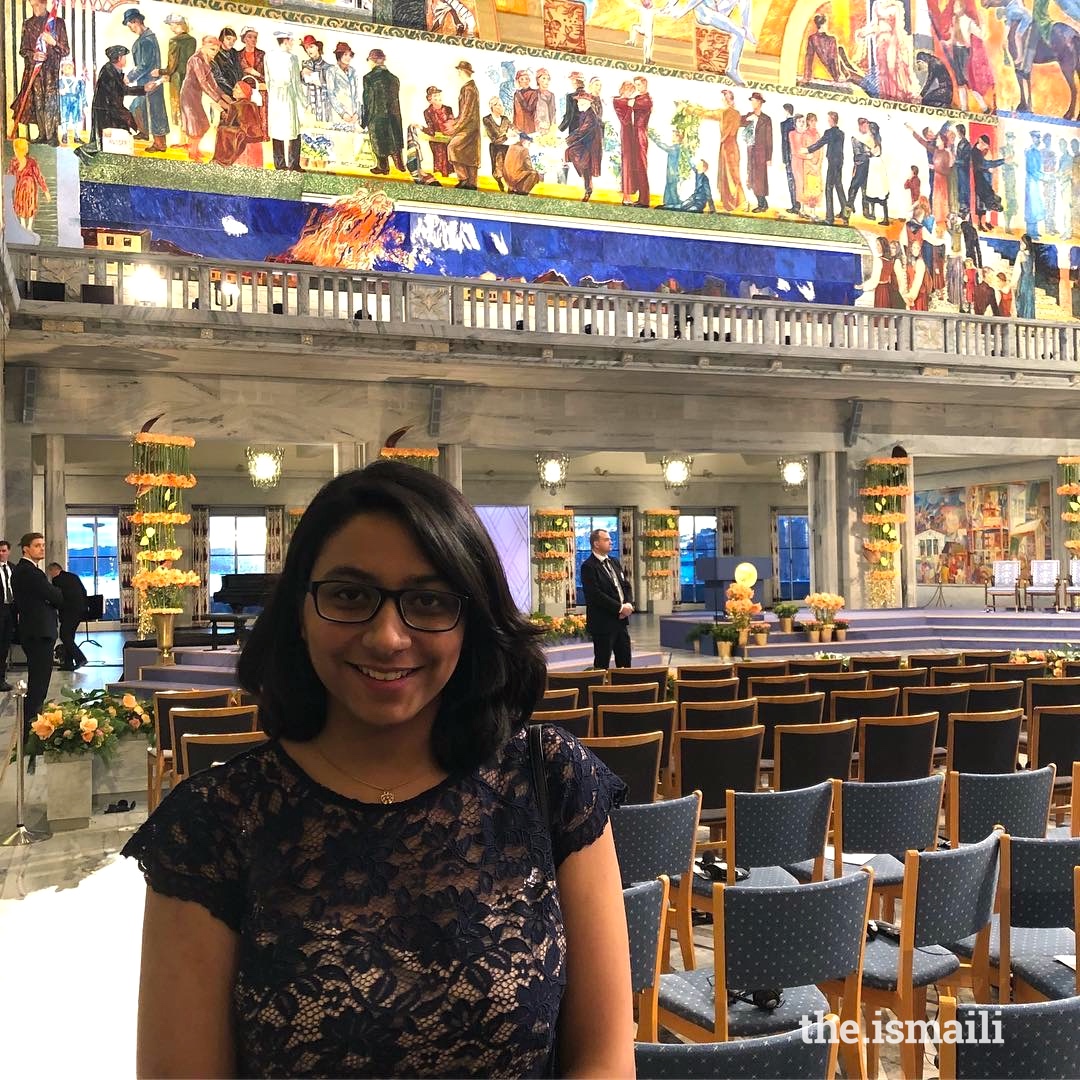
Asma Ladak founded an initiative called Paanigar, alongside three youth enthusiasts from Bangladesh, Myanmar, and Sweden, who were brought together under the Telenor Youth Forum competition in collaboration with the Nobel Peace Center. Paanigar is a compound word made with the combination of Paani and Madadgar which are words in Urdu for “water” and “helper.”
During her research in Pakistan, she came to realise that the water-needs landscape is constantly changing, but currently, there is no system where solution providers can keep up with particular community needs and their urgency. Therefore solution providers don’t have settlement-based data, which is important when implementing solutions.
Paanigar is Pakistan’s first centralised, real-time reporting system for all water-related problems using a simple shortcode Interactive Voice Response system that even basic phone owners can use to report. With only reporting once, people in need can make themselves heard by all stakeholders registered with the network.
After being shortlisted for the Telenor Youth Forum competition, Asma, alongside 15 other delegates from around the world, were put into groups, each with a global health challenge to solve during the first round in Oslo, Norway. Over the next six months, they were expected to work on solutions remotely and will present their refined product at an event in Bangkok in May. Asma’s involvement has been with research work and contacting major stakeholders in Pakistan.
Asma believes being a medical student at the Aga Khan University (AKU) in Karachi has greatly impacted her involvement with civil society initiatives.
“At AKU, I had the privilege to first-hand witness the ethics of Islam in action... it has helped me become more sensitive to the issues in society and has made me realise how privilege comes with great responsibility to give to those who are in need,” she said.

